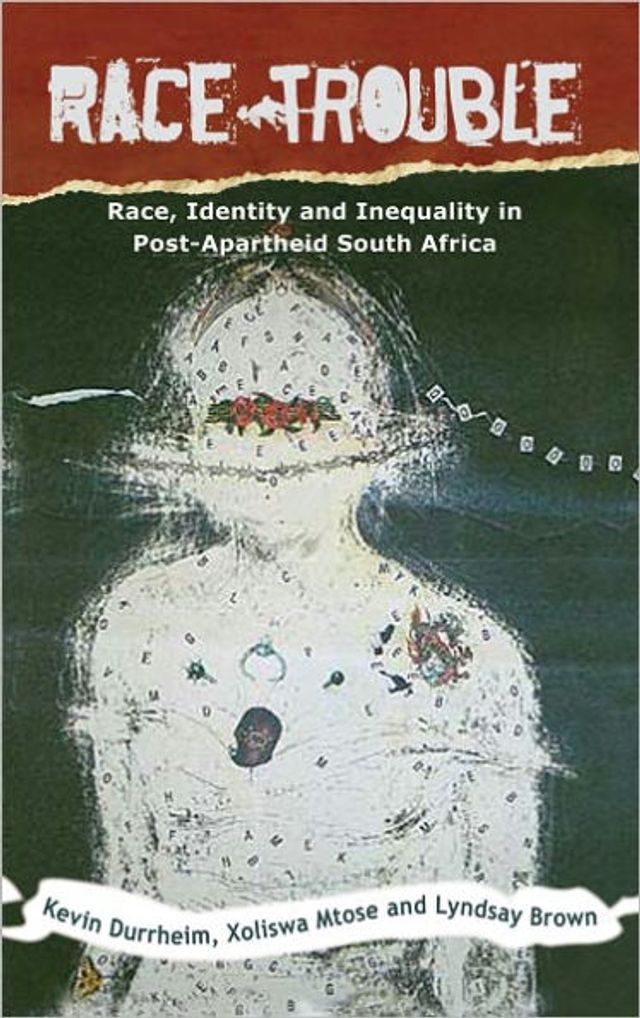Home
Media Postapartheid South Africa: Postcolonial Politics the Age of Globalization
Loading Inventory...
Barnes and Noble
Media Postapartheid South Africa: Postcolonial Politics the Age of Globalization
Current price: $80.00


Barnes and Noble
Media Postapartheid South Africa: Postcolonial Politics the Age of Globalization
Current price: $80.00
Loading Inventory...
Size: Hardcover
*Product Information may vary - to confirm product availability, pricing, and additional information please contact Barnes and Noble
In
Media in Postapartheid South Africa
, author Sean Jacobs turns to media politics and the consumption of media as a way to understand recent political developments in South Africa and their relations with the African continent and the world. Jacobs looks at how mass media define the physical and human geography of the society and what it means for comprehending changing notions of citizenship in postapartheid South Africa. Jacobs claims that the media have unprecedented control over the distribution of public goods, rights claims, and South Africa's integration into the global political economy in ways that were impossible under the state-controlled media that dominated the apartheid years. Jacobs takes a probing look at television commercials and the representation of South Africans, reality television shows and South African continental expansion, soap operas and postapartheid identity politics, and the internet as a space for reassertions and reconfigurations of identity. As South Africa becomes more integrated into the global economy, Jacobs argues that local media have more weight in shaping how consumers view these products in unexpected and consequential ways.
Media in Postapartheid South Africa
, author Sean Jacobs turns to media politics and the consumption of media as a way to understand recent political developments in South Africa and their relations with the African continent and the world. Jacobs looks at how mass media define the physical and human geography of the society and what it means for comprehending changing notions of citizenship in postapartheid South Africa. Jacobs claims that the media have unprecedented control over the distribution of public goods, rights claims, and South Africa's integration into the global political economy in ways that were impossible under the state-controlled media that dominated the apartheid years. Jacobs takes a probing look at television commercials and the representation of South Africans, reality television shows and South African continental expansion, soap operas and postapartheid identity politics, and the internet as a space for reassertions and reconfigurations of identity. As South Africa becomes more integrated into the global economy, Jacobs argues that local media have more weight in shaping how consumers view these products in unexpected and consequential ways.


















